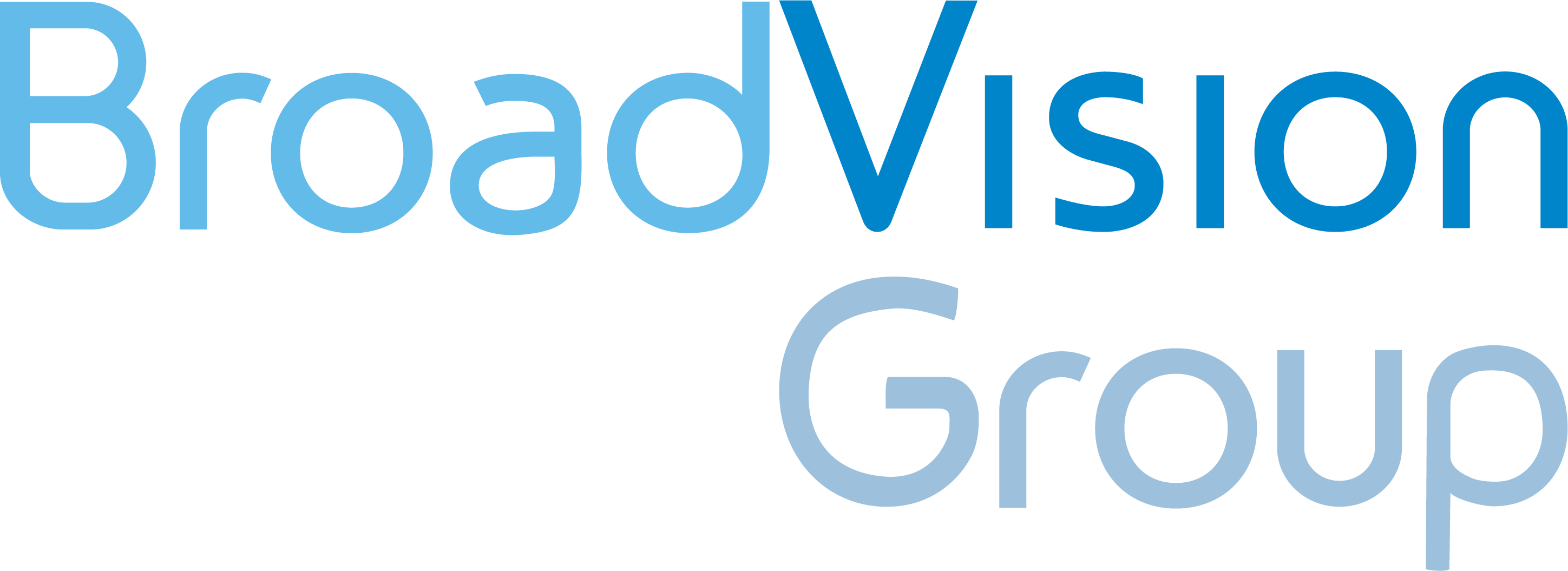
One of my favourite quotes to describe the objectives of Social CRM comes from Lyndon Johnson, who famously said of J Edgar Hoover
It’s probably better to have him inside the tent pissing out, than outside the tent pissing in
If your don’t provide a place for your customers to express their opinion, the internet provides many, many other places which they will do it anyway, probably far less constructively.
But that quote is perhaps not suitable as the title for a professional blog, so another that applies equally is:
Keep your friends close, keep your enemies closer
The internet seems divided on whether this is a quote from Chinese military strategist Sun-Tzu in 400BC, or Michael Corleone in The Godfather II in 1974, but anyway, the importance of this is becoming more and more apparent in the context of the growing Facebook backlash.
It’s often said that the British hate success. There’s a lot of truth in that, but I would suggest that everyone hates too much success and the inevitable arrogance it brings – we Brits just have a much lower tolerance level. Google was cool until it got too big. And now Facebook is the latest target. They are approaching 500 million registered users, but recent behaviour suggests that the backlash has well and truly begun.
The root of the problem is their cavalier attitude to privacy – they are constantly changing privacy functionality, with the default to allow public access and users needing to explicitly change settings to retain privacy. There’s a great graphic of this here. I feel it is best summed up by Andrew Brown who notes that we are not Facebook’s customers, we are their product. This has led to at least two protests – you can either refuse to log in to Facebook on June 6th, or if you are really annoyed, delete your user id completely on May 31st.
As usual, Jeremiah Owyang has something useful to say on this subject, and has approached it from the point of view of companies/brands. Like much of his other material, this is essential reading, so I won’t summarize it here, except to pick up one specific recommendation he makes:
Spread Bets, Bring Community Closer To You. With power diminishing, brands shouldn’t place all their bets in just a few social networks. Instead, conduct socialgraphics to find out where your customers are, then invest in other networks. Furthermore, start analysis on building your own community off your corporate website for customers, advocates, and lifestyle communities. Give customers a choice to interact with others on your own properties rather than relegating to Facebook alone.
This is exactly what I was advocating in the Socializing Beyond The Enterprise white paper – keep your community somewhere you can control it, but provide links to other networks where your customers are. At the time, I justified this based on limited community functionality on Facebook fan pages; now it is clear that lack of control over how this functionality evolves is equally important.
